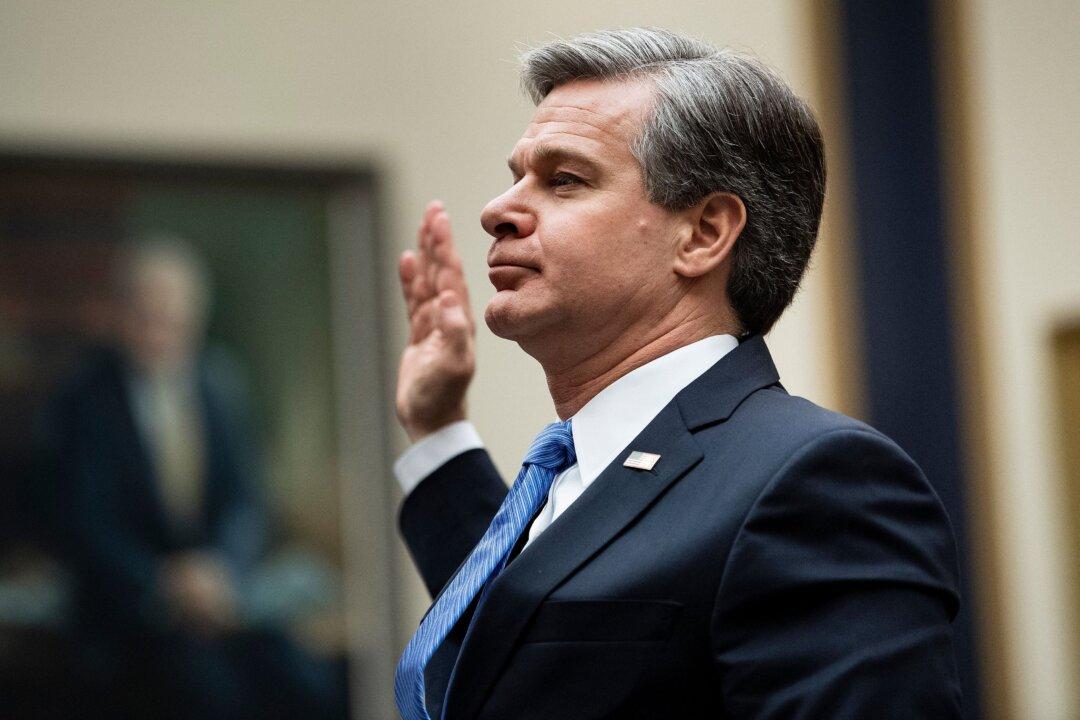FBI Director Christopher Wray has affirmed that the bureau conducted illegal surveillance of former Trump 2016 presidential campaign associate Carter Page, in response to questioning by Rep. John Ratcliffe (R-Texas) during a Feb. 5 House Judiciary Committee hearing.
Ratcliffe’s questions related to the Dec. 9, 2019, report by the Department of Justice Office of Inspector General (OIG) which found “17 significant errors or omissions” in the surveillance warrant and its three renewals the FBI took out on Page under the Foreign Intelligence Surveillance Act (FISA).





